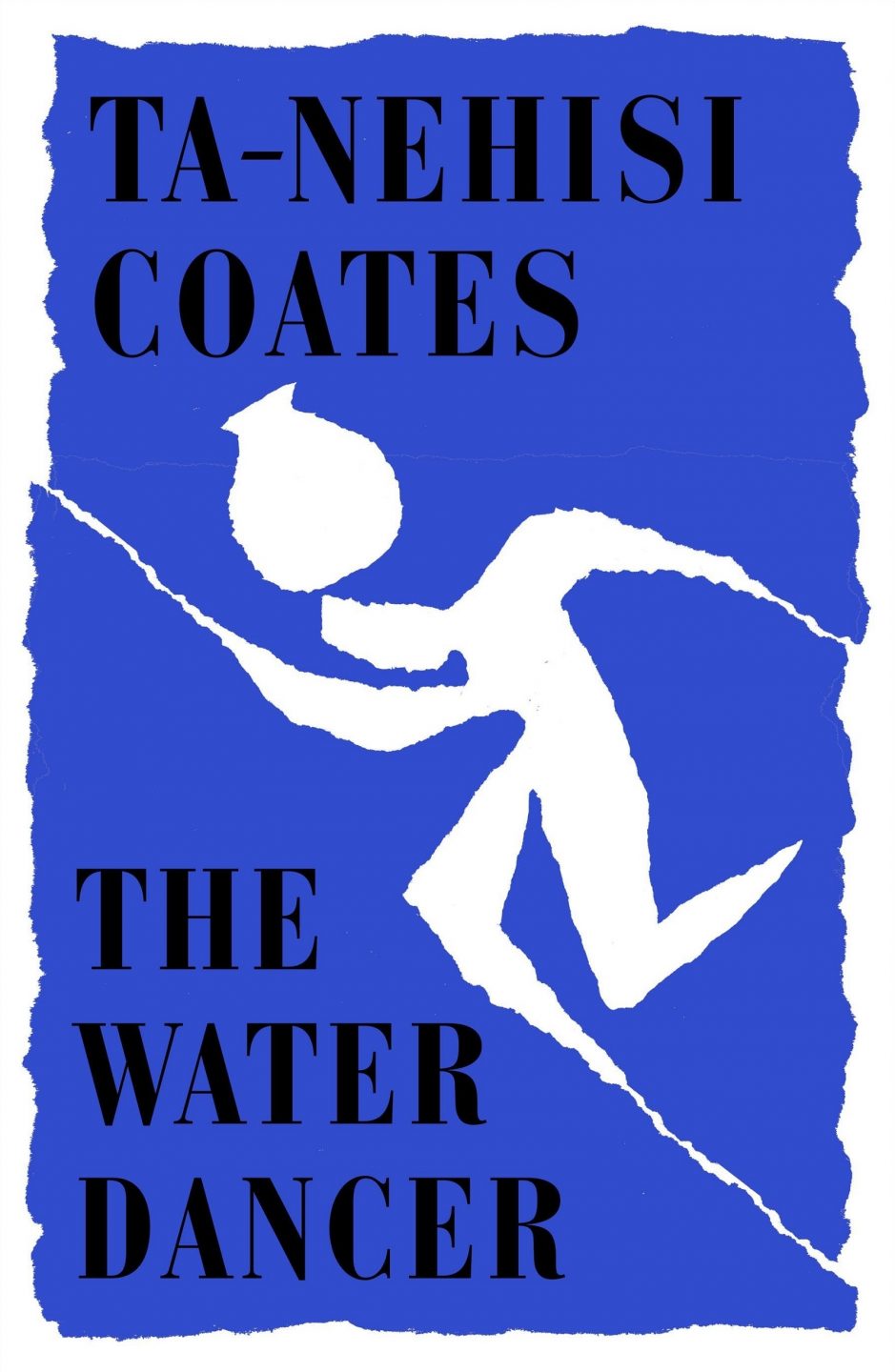

But of course, it’s not my history, and so I arrive at the novel differently.


Its violent racism has international purchase, as does this moment of insurrectionary resistance. The murder of George Floyd has ignited a global response because the US is not an ordinary nation-state, but the imperial hegemon. We’ve watched the long aftermath of the plantation society play out on our screens through the images of police brutality that circulate globally. As much as it’s a novel about slavery, it’s a novel about America – the most mediated nation on earth – so, in a way, it’s impossible not to come to the story knowing too much. It’s funny, because despite my own personal distance from this story, being British Asian, the territory is still quite familiar. That’s the advantage of being in conversation, I think, to diffract the story through our different experiences, rather than attempt to categorise it. A lot felt familiar about him – yet this familiarity was more a sense of my (our?) overfamiliarity with the US. I found it difficult to read, because although my family is Caribbean, ultimately I am descended from slaves and this is my history. This is a novel about Hiram, the gifted child of a black slave and a white master, who tries to escape and ends up working with the Underground Railroad. We rarely come to definitive conclusions, because the things we read become folded into our lives, our conversations, our relationships. Whereas when you and I discuss fiction together – which we do often – we test out ideas, express uncertainty, and think together about what the book does. Reviewing often feels like being pitted against the author in some way, and that dynamic can be a conservative one. Sita Balani: With reviews, there’s an obligation to be clever, to be certain, to gain a kind of mastery over the text.

Why not speak to you directly? And then we can put across the flavour of our everyday conversation. But this novel sparks so many thoughts that I have discussed with you (and others) in different contexts. Jay Bernard: Whenever I am asked to write about something – usually because I share some social category with the author, rather than an aesthetic or political affinity – I find myself reaching to become something I am not, some kind of singular authority. Against Mastery: A Dialogue on Ta-Nehisi Coates’s ‘The Water Dancer’


 0 kommentar(er)
0 kommentar(er)
